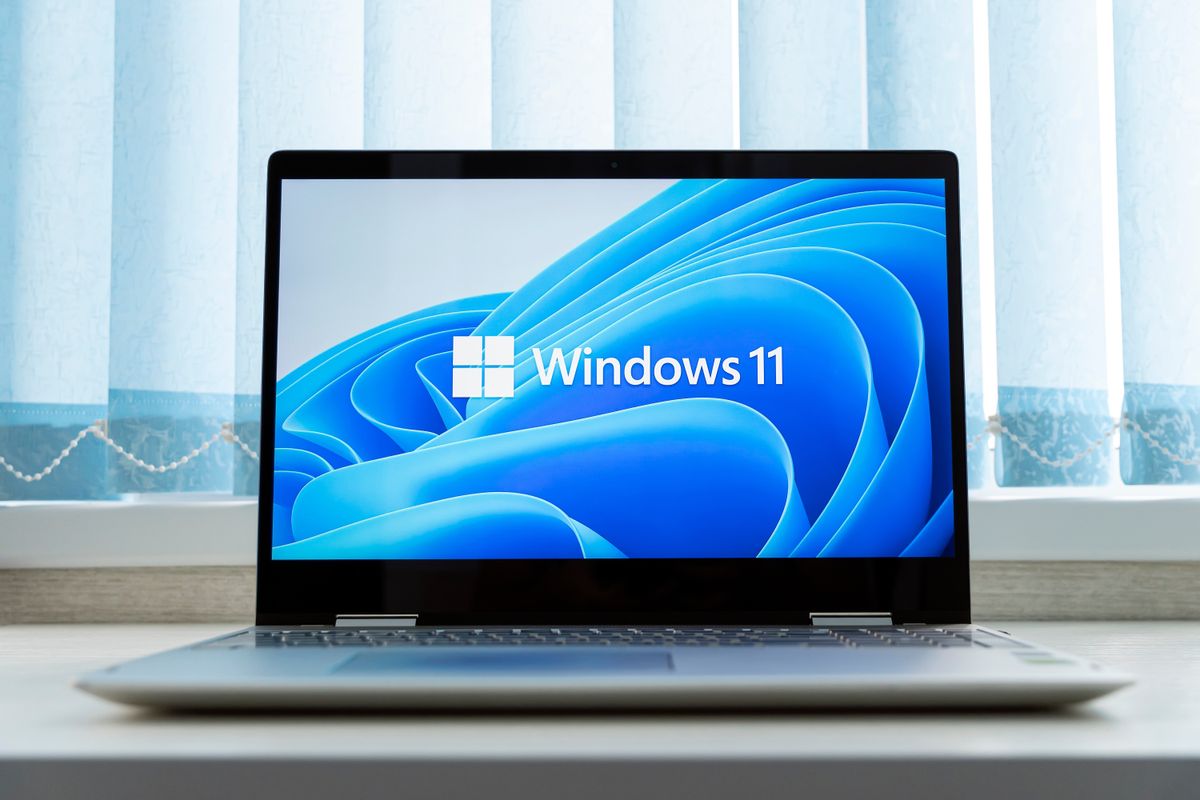Serving tech enthusiasts for over 25 years.
TechSpot means tech analysis and advice you can trust.
In context: Nearly every major operating system comes with sleek live wallpapers. iOS has them, Android does too, and so does macOS. Microsoft had been working on a similar feature for Windows 11, but for reasons unknown, the project never made it to completion.
Former Microsoft designer Sergey Kisselev, who worked on the Windows team, has unveiled some intriguing concepts he helped develop. On Behance, you can now explore the dynamic desktop backgrounds Microsoft had been experimenting with.
Kisselev explained that these "living wallpaper" designs were initially intended for low-cost Windows devices aimed at educational users. However, the broader vision was to "celebrate a new centered signature composition for Windows 11," aligning seamlessly with the redesigned Start menu and taskbar.
The concepts shared by Kisselev are a vibrant collection, featuring gentle animations designed to introduce subtle motion to the Windows desktop. These designs showcased abstract shapes and patterns that shifted and flowed, creating a dynamic yet distinctly "Microsoft" aesthetic.
Kisselev also revealed that the wallpaper engine was designed to adapt seamlessly to both light and dark modes in Windows 11. This elegant approach could have brought a refreshing new look to the otherwise static Windows desktop.
Unfortunately, it was not meant to be. Despite these ambitious designs – and hints of the feature appearing in Windows 11 versions 22H2 and 23H2 – dynamic wallpapers never became an official offering. According to Windows watcher Albacore, the capability has now been scrapped entirely, with the remaining traces removed in the recent 24H2 update.
"Have they already been scrapped?" Yeah.
The (unfinished) components for this actually shipped with Windows 11 version 22H2 and 23H2 but got removed in 24H2. The same system component also powers the AI / depth effect enhanced wallpapers
Everything cool is destined to be canceled https://t.co/YNmEDBLve2
This omission is puzzling, especially given that Microsoft had previously explored similar territory with the DreamScene feature in Windows Vista. DreamScene allowed users to set video files as animated wallpapers, hinting at the company's interest in dynamic desktop experiences.
So, what went wrong? It's anyone's guess. Perhaps the performance overhead of such a feature was considered too significant, or maybe Microsoft shifted its focus to other priorities in the Windows 11 development process.

The good news is that if you're open to using third-party apps, options like Wallpaper Engine on Steam can provide similar functionality.
For now, you can still admire those delightful "might-have-beens" on Kisselev's Behance. Even without the animations, some of these designs would make for sleek static backgrounds.









 English (US) ·
English (US) ·